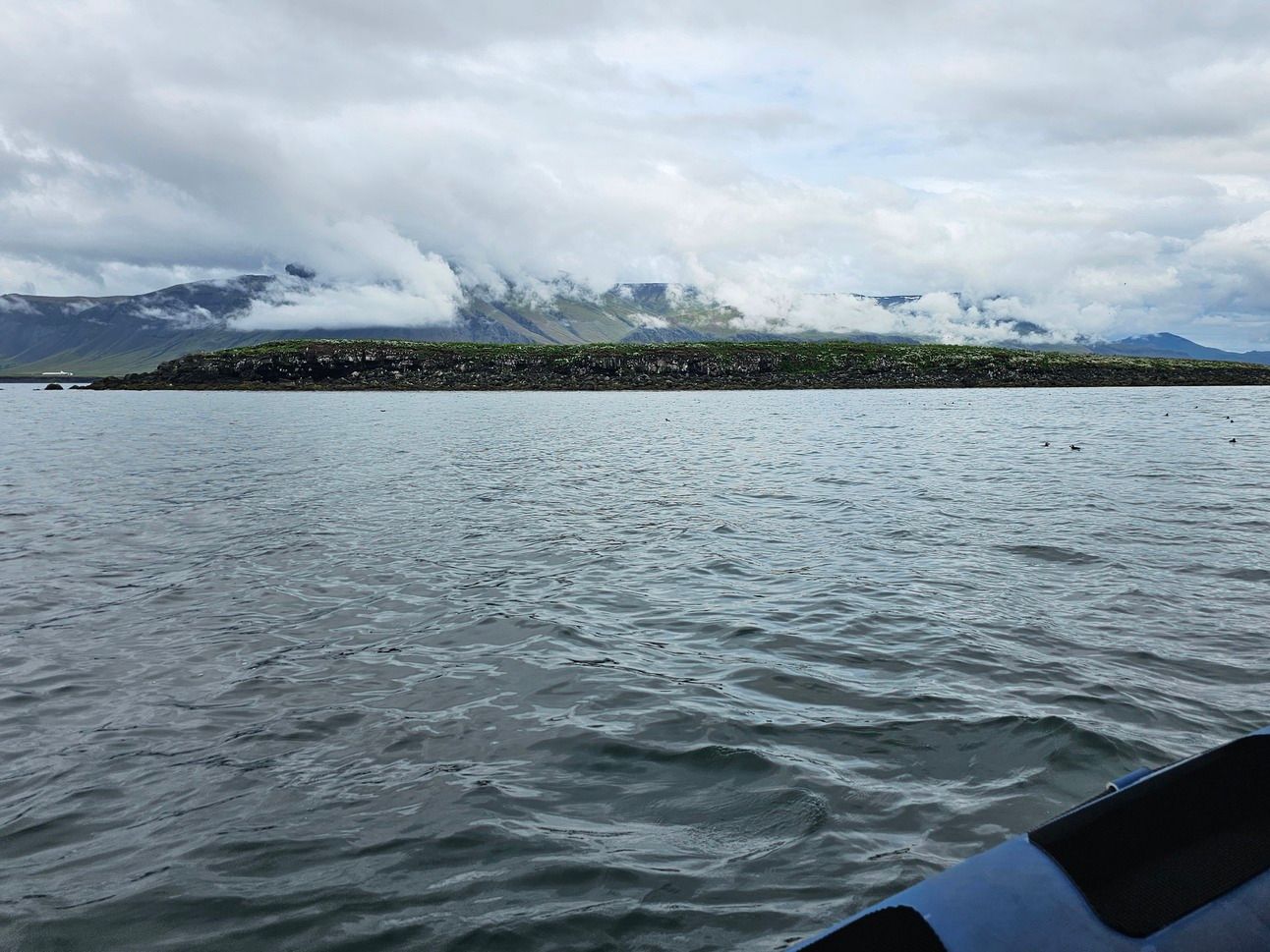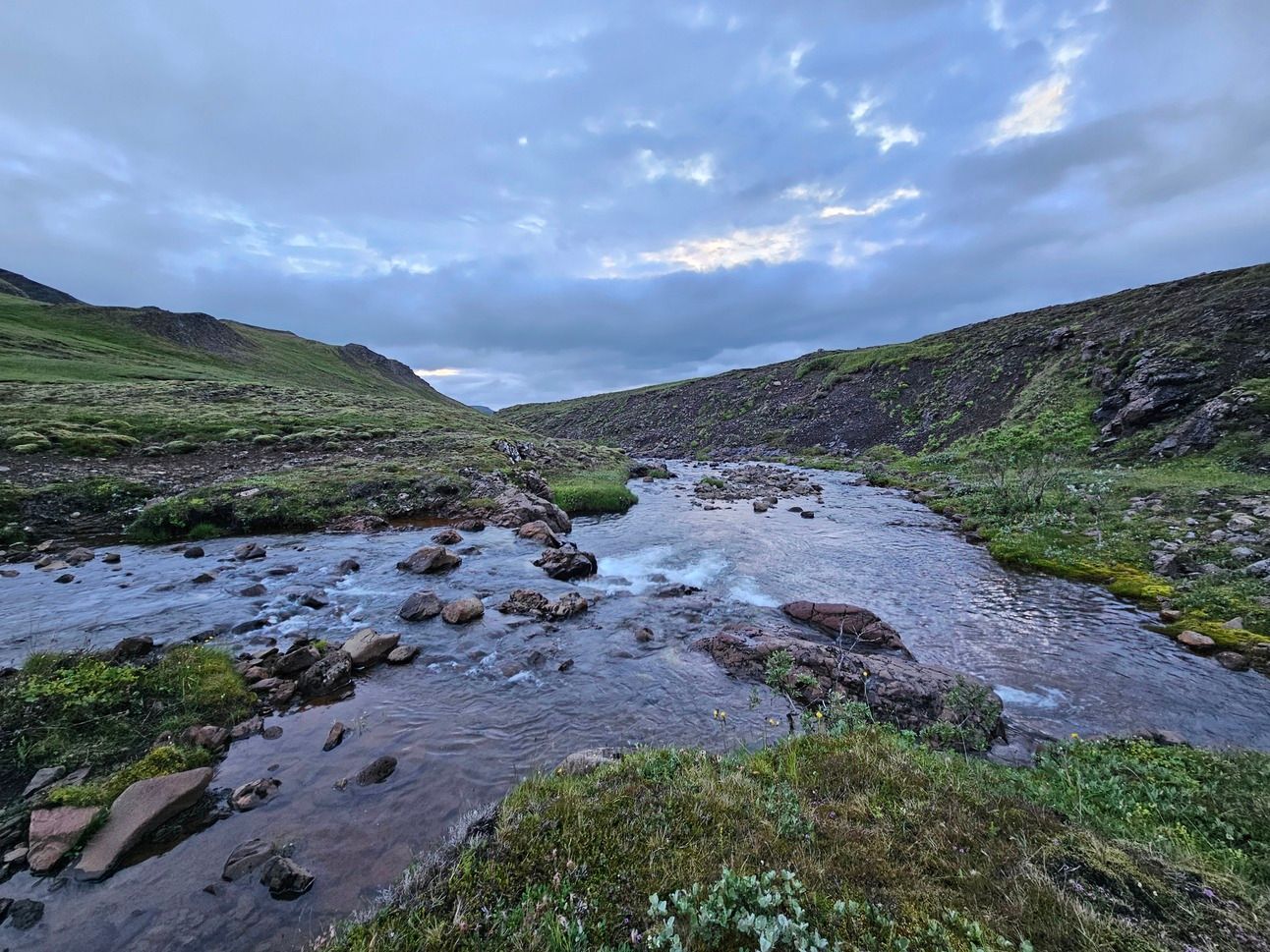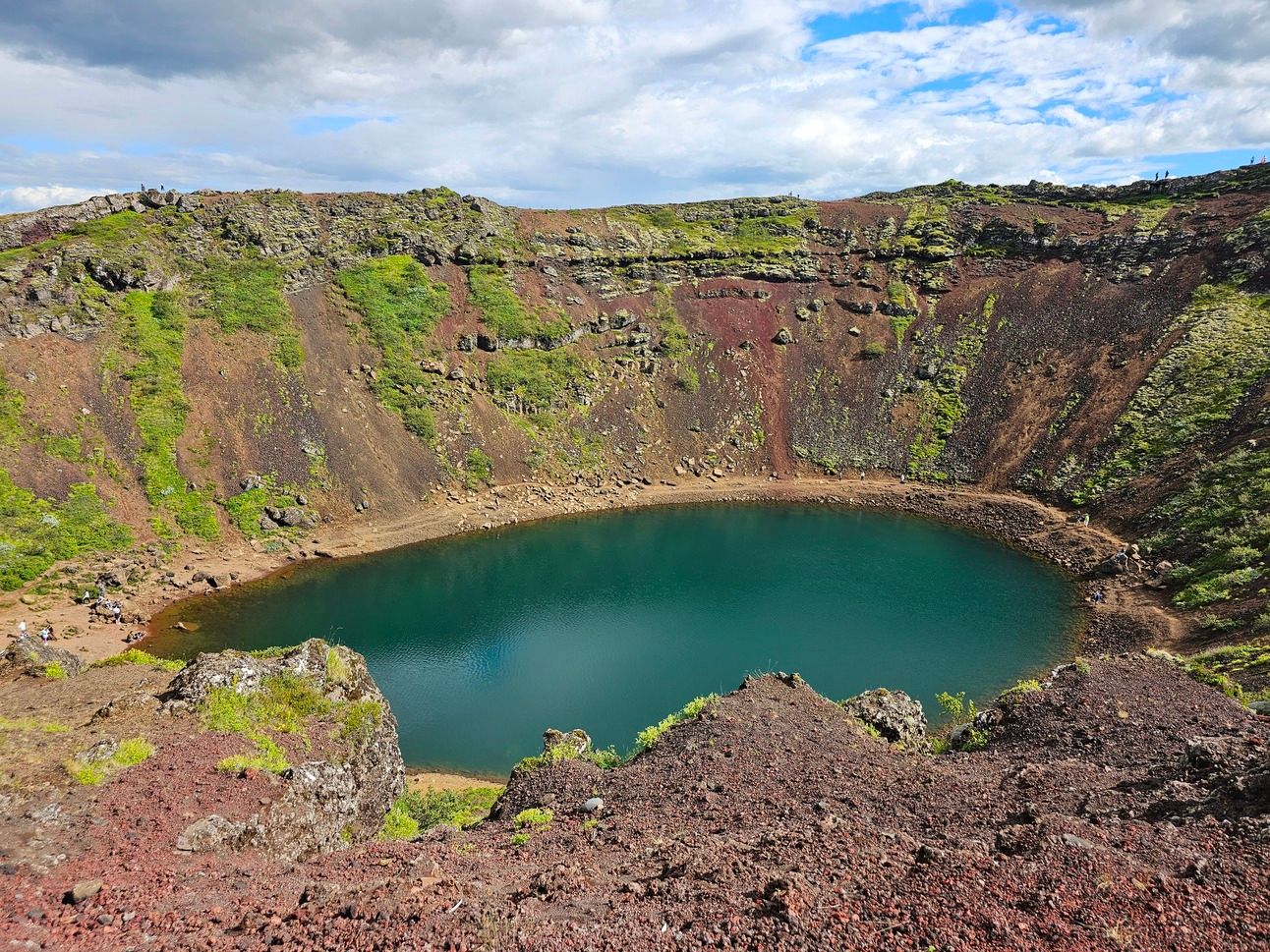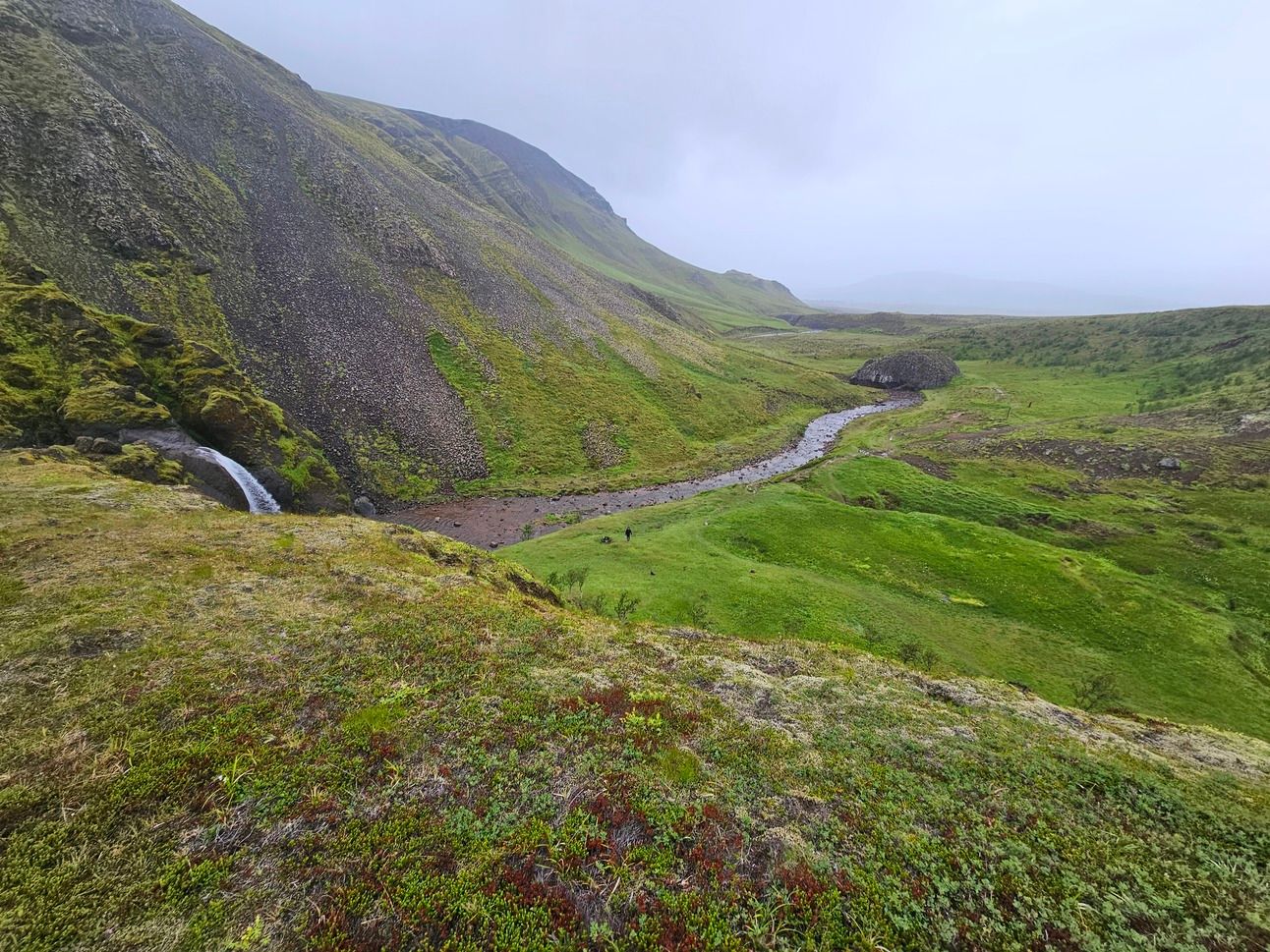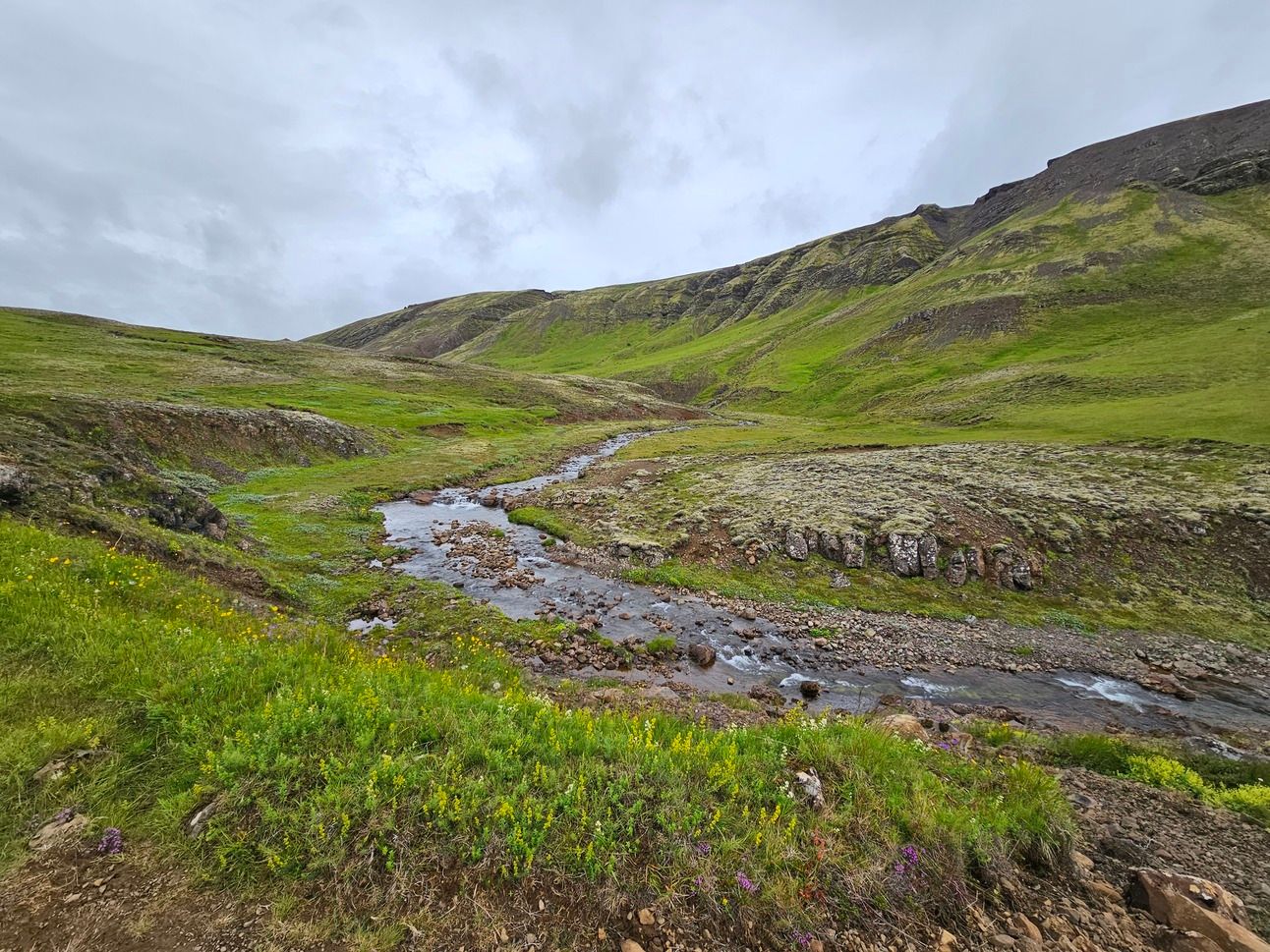The ENTrePreneur
This one is late. Sue me.
This is my second ever “Sunday” newsletter and I’m releasing it on Thursday.
But guys I was in Iceland; I really intended on sticking to a write on Saturday-publish on Sunday schedule this time I swear. Iceland was beautiful and romantic and I didn’t want to spend the evening staring at a screen okay?
Maybe the ideas will be slightly better because they’ve been cooking a bit longer.
Who’s to say?
Thanks for reading again and please enjoy my “Sunday” newsletter.
Favorite Piece of Content this Week
The Daily Stoic has been one of my go-to sources of wisdom these last few years. The author of the Daily Stoic, Ryan Holiday, recently revived this long obscure and somewhat deceased body of philosophy that started millennia ago.
A brief introduction to Stoicism:
Stoicism is one of the very few philosophical systems that the West has produced that is practical and addresses the emotional, spiritual, and psychological challenges of everyday life. The East has Buddhism, Taoism, Hinduism, etc; bodies of literature with countless practices that are just as relevant today as they were in the past.
In searching for this wisdom sourced in the West, however, it’s more difficult to find a source of practice that isn’t laden with the trappings of religious dogma. Instead, one might walk away thinking that the appropriate response to every slight and trial is self-flagellation or an appeal to a higher power. You should probably do both just to be safe though.
In this way, Stoicism is the odd child of the West. Stoicism replaces religious doctrine with concise tenets to live life by, mostly they revolve around emotional temperament and knowing what’s in your control.
Tragedy awaits everyone. You will get sick, you will have setbacks, relationships will fail, you get older and you will die. These things are not in our control, but how we react to these things, how we treat other people when times are difficult, and whether we behave ethically or not ARE in our control.
So the video embedded above is Ryan Holiday interviewing Arthur Brooks, a social scientist and columnist who writes about happiness in the Atlantic. Hardly a fair introduction for the man though, his list of accolades is long.
I highly recommend that everyone check out the video, but here are a few concepts that stood out to me:
1) Arthur Brooks is a practicing Christian but is also a student of his faith. He’s distilled a lot of wisdom and practice from his religion that sounds exactly like the tenets of stoicism.
And that’s no accident.
Stoicism and Christianity spawned around roughly the same time and although they were divergent at first, Christianity assimilated many stoic principles as time went on(Christianity is very good at assimilating other cultures, usually to that culture’s detriment).
Arthur Brooks speaks about the overlap between these two philosophies and that if you distill the stories around Christ, what you get is a man practicing stoic philosophy.
2) “Not knowing is the most intimate knowledge" - Arthur Brooks
Arthur recounts a sort of monk parable where an elder monk explains to a junior monk that he’s going on a pilgrimage but doesn't know the destination.
The timecode is 44:32 for this part if you want to jump there.
He uses this to juxtapose the “Me-self,” from the “I-self.”
It’s a bit abstract but it seems that he’s differentiating the ego as self-obsession from ego as a way to orient yourself in the universe. You can go on a journey because it serves you, because you want to reach a specific destination, or for any other self-affirming reason.
You can also go on a journey because that’s all there is. There is only the journey. The entirety of life is not knowing and finding your way. “Not knowing is the most intimate knowledge.”
3) Arthur and Ryan both practice intention without attachment. There’s a tricky balance between having a goal and identifying with that goal.
These are probably two of the most prolific writers alive. They’ve both had New York Times best sellers. They both say that it’s important to have goals but they are also the first people to tell you that the arrival fallacy is real.
The arrival fallacy is the common misunderstanding that once we reach our goals we’ll be happy; that there is such a thing as “arriving,” or having “made it.”
You never get there though. Once you achieve your goal it will be replaced with another. So how do we live our lives knowing this?
Arthur Brooks uses the analogy of the rhumb line. When navigating a ship, you need to have your eyes set on the horizon, you need to know where your ship is going, and what the shortest distance to the point is. This shortest distance, or straight line over a curve is the rhumb line. But you can’t always take your ship in a straight line. The sea is unpredictable and sometimes you’re taken off course.
It’s critical to know where you’re going, but that’s only a small part of your life. The rest of life happens in between those two points and if you’re just waiting to arrive, you will be rigid, uninspired, and unfulfilled.
Highest performing Tweet of the Week
None of my tweets really “popped off,” this week, but this one is my favorite. While I was hiking in Iceland I discovered that the moss there is so incredibly soft and bouncy that it can function like a foam mattress topper. So I just laid down for a while and stared at the mountains.
What I’m reading
This is my Second read-through of Jon Ronson’s Them: Adventures with Extremists.
Jon Ronson is my favorite nonfiction author who I’ve lovingly dubbed as the spiritual counterpart to Kurt Vonnegut. I say this because both authors chronicle the darker side of human nature but contrast that with a humourous and optimistic tone.
Jon focuses on stories about people at the fringe of society. In THEM he shadows terrorists, neo-nazis, doomsayers, and Alex Jones. All people who are fighting day to day in an invisible war against the secret cabal that runs the world.
It’s hard to describe nonfiction as satire but when Jon(a Jewish journalist) is sharing icecream with radical Hamas funding terrorists and sitting at the bonfire with the goofy, amiable leader of the KKK, it’s easy to forget that the stakes are so high.
As a teaser: There’s a moment where Jon finds himself deep in the woods at a Jihad training camp where it’s announced to the group by the man he’s shadowing, Omar Bakri, that Jon is Jewish.
Cue record scratch
This book is dark, it’s funny and I highly recommend that you listen to it on audible at 1x speed because Jon has a great British accent and comedic timing. Also, I believe it might be free with an audible subscription.
What’s top of mind for me
Iceland was beautiful, which is easily an understatement. One of the things that’s interesting about the landscape of Iceland is that much of it is open fields punctuated by tall peaks and mountains.
I’ve been to many different places, each with their own topography and what’s always fascinated me is how they make me feel.
There’s a rhythm to landscape.
In New york if you’re not surrounded by buildings then you’re most likely surrounded by forest or hills. It’s rare to ever see more than a couple hundred feet in front of you. The landscape is dotted staccato with a thousand trees or maybe you’re shoulder to shoulder with dozens of other people. The tempo is quick in New York, and I can’t help but feel that it’s influenced by the landscape.
When you’re in Iceland you can often see a hundred miles of plains or gentle hills before the crescendo of a mountainside. The brooks babble and crash off the cliffside in the distance. Horses and sheep graze; interrupting the long rests of grassy fields. Everything there is slow, patient, and quiet(when a volcano isn’t erupting of course.)
Sometimes I wonder if there’s an evolutionary reason behind this feeling. If you were living in the planes or a gentle hillside you’d be able to see a threat coming from far away. You could be gently lulled by the hum of vast expanse.
In New York, not so much. My anxious mania is warranted. There could be something ready to waylay me at any moment and I’d have no idea.
Anyway, I had a lovely time while I was there. Here are some photos:


